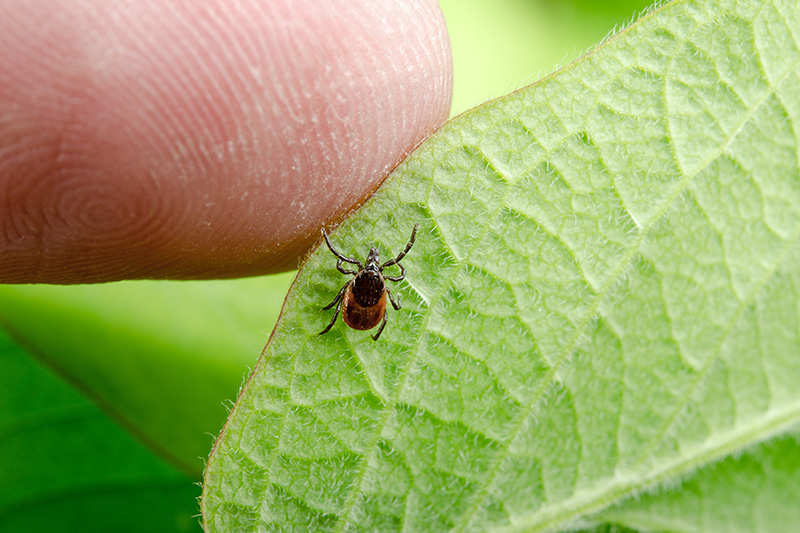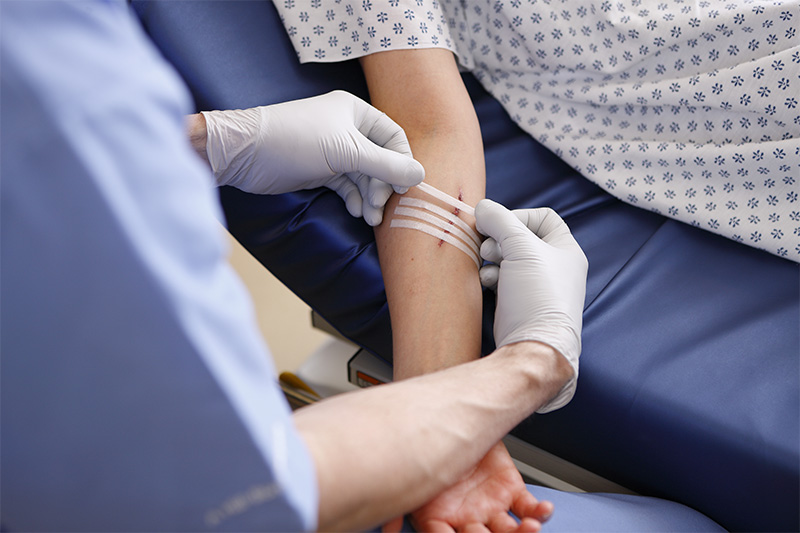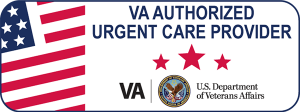
Know the signs of an allergic reaction.
Allergic reactions (hypersensitivity reactions) are responses of the immune system to a normally harmless substance. In essence, it’s the body’s way to responding to an ‘invader’. When the body senses a foreign substance, called an antigen, the immune system is triggered. The body’s reaction to the allergen comes across visually as an allergic reaction.
Allergens may cause an allergic reaction when they land on the skin, eye or are inhaled, eaten or injected. A reaction can occur in several different ways:
- Seasonal allergy
- Drug allergy
- Food allergy
- Year-round allergy (e.g. Dust, animal dander or mold)
- Triggered by touching certain substances (e.g. latex)
- Triggered by insect bites or stings
A mild allergy, such as hay fever, can produce symptoms such as:
- Watery, runny eyes
- Runny nose
- Sneezing
- Nasal congestion
Luckily, these symptoms are rarely life-threatening. However, instances can occur when someone can have what’s known as anaphylaxis, a severe allergic reaction that needs immediate medical treatment.
Anaphylaxis symptoms can include two or more of these symptoms.
Lungs
- Trouble breathing
- Coughing, wheezing
- Tightness in the chest
Heart and Blood Vessels
- Chest pain
- Low blood pressure
- Weak but rapid pulse
- Dizziness
Skin
- Pale or flushed skin
- Hives or welts
- Itchy skin
- Sweating
Mouth
- Swelling of the throat, face, lips or tongue
Stomach and Digestion
- Abdominal pain
- Nausea, vomiting
- Diarrhea
If you or a loved one experience any symptoms of anaphylaxis, visit Sand Canyon Urgent Care. If a higher level of care is needed, our triage staff and/or providers will direct patients to the appropriate specialist or to an emergency room for further treatment. Call us today for more information!






